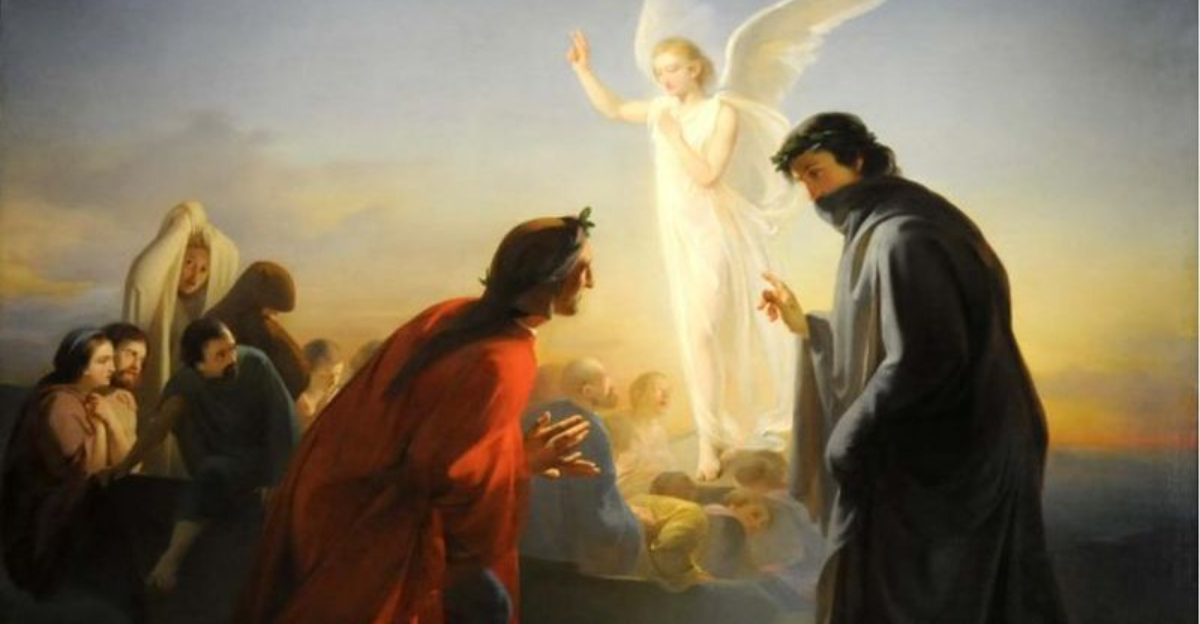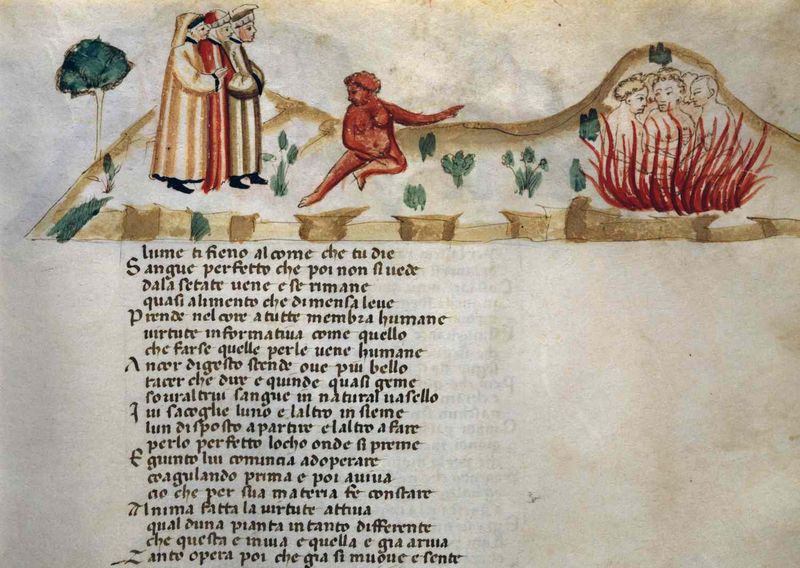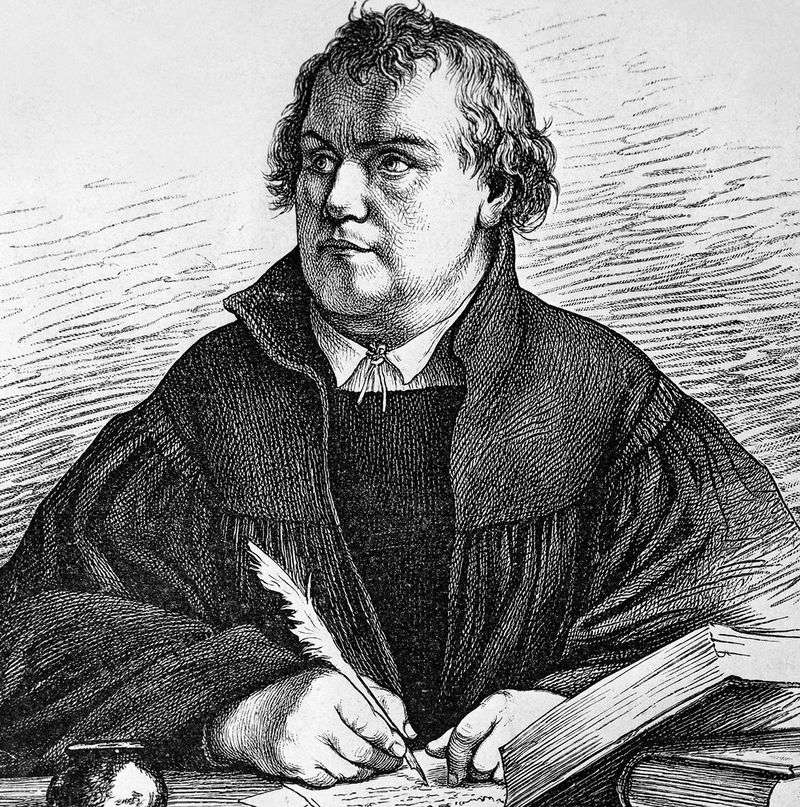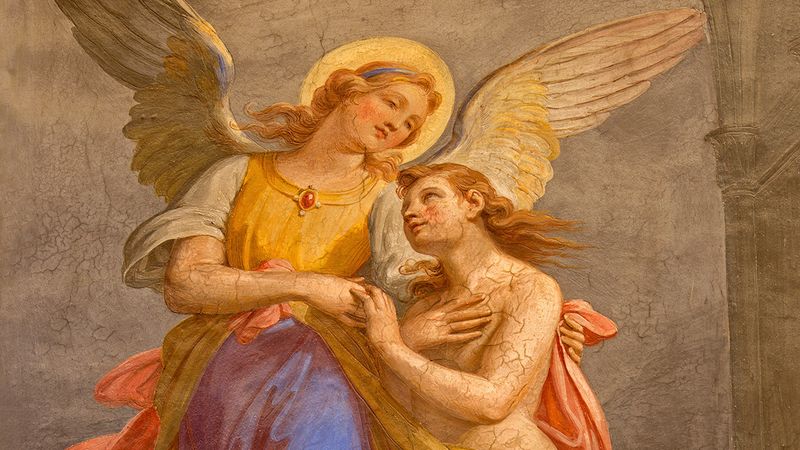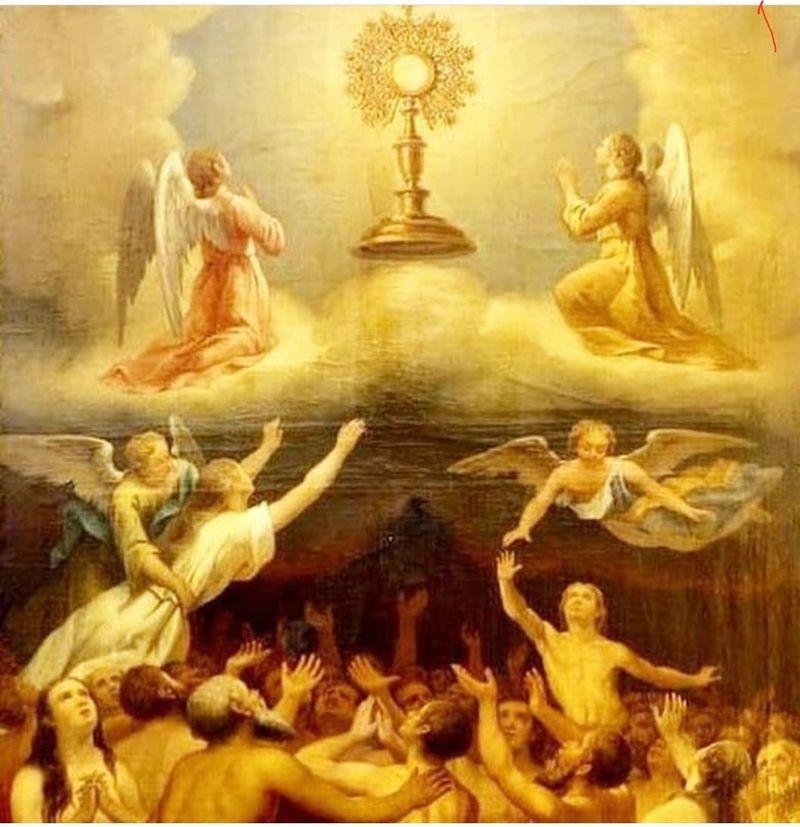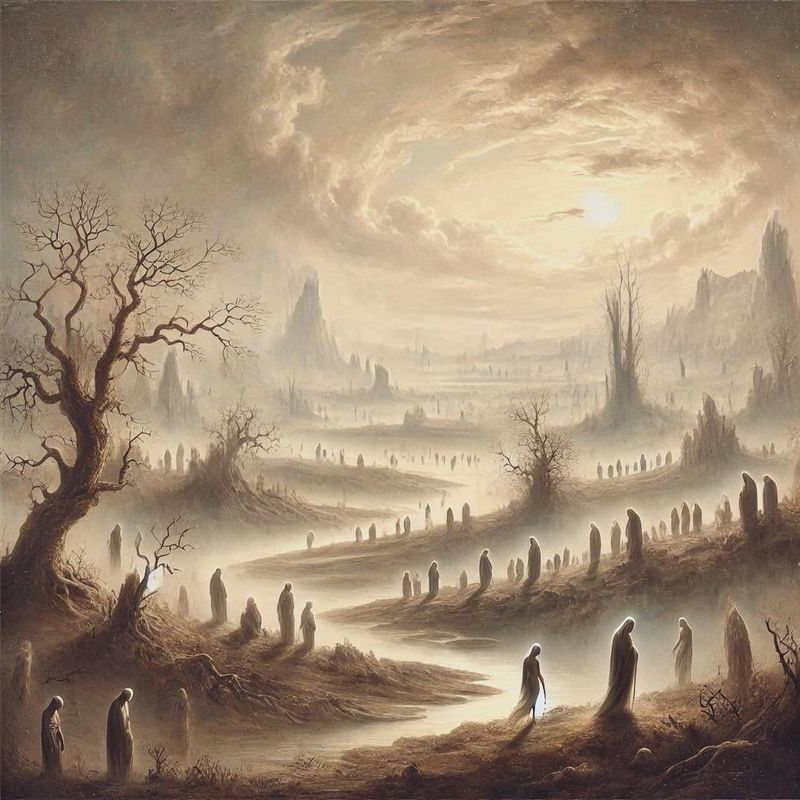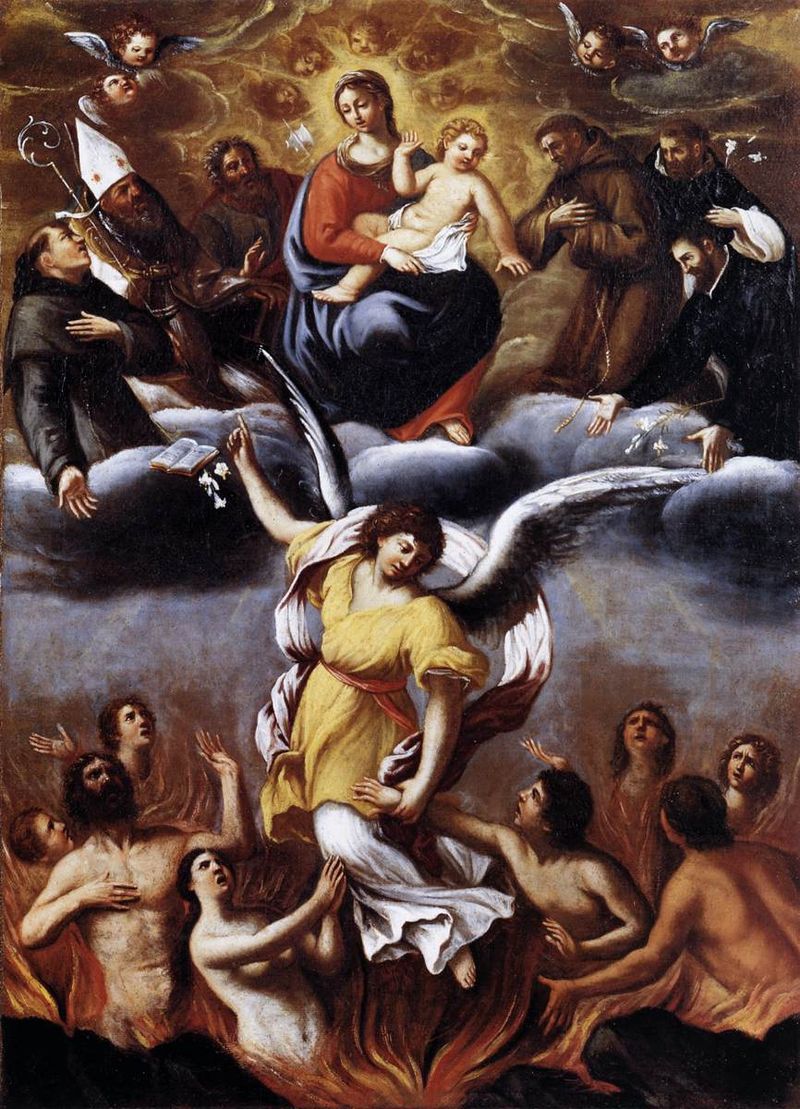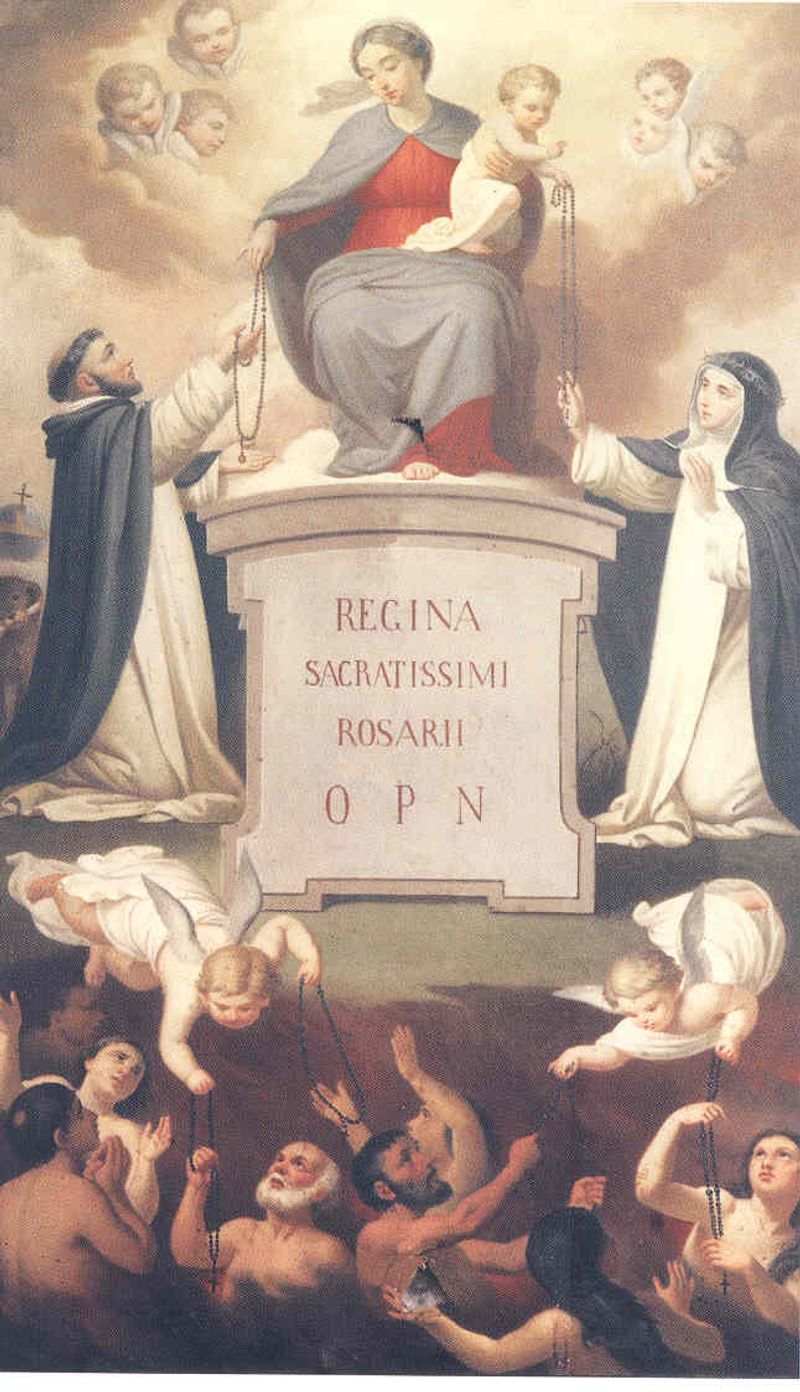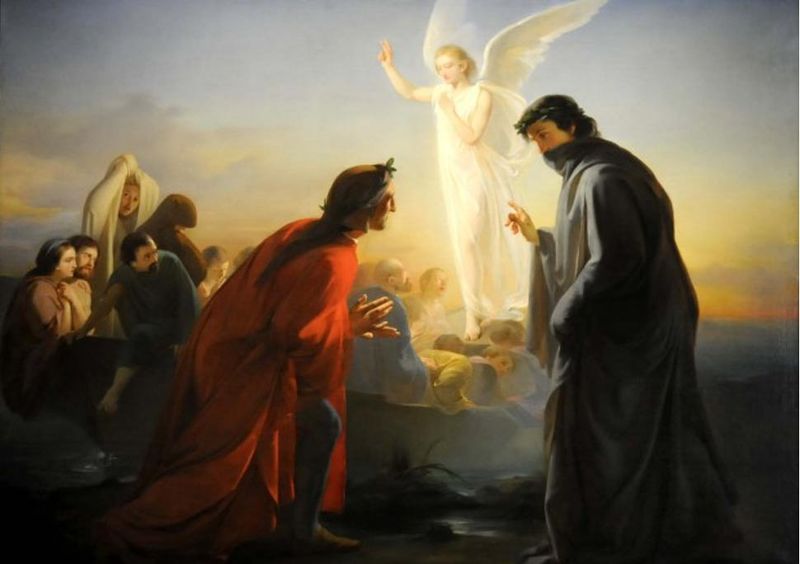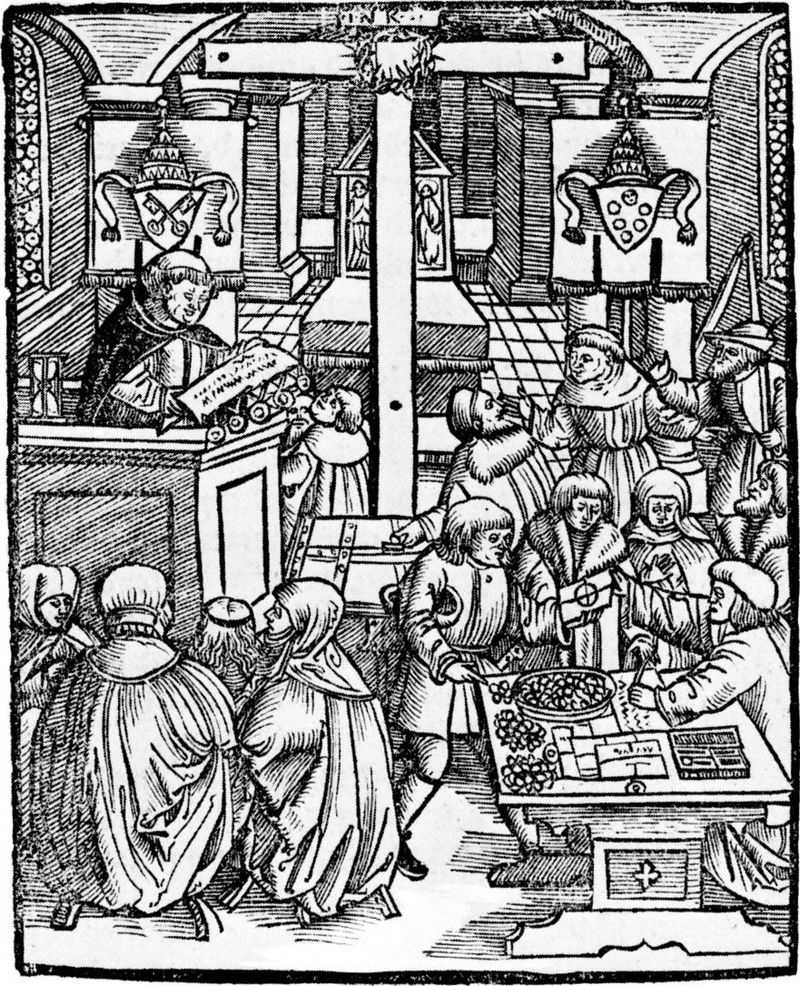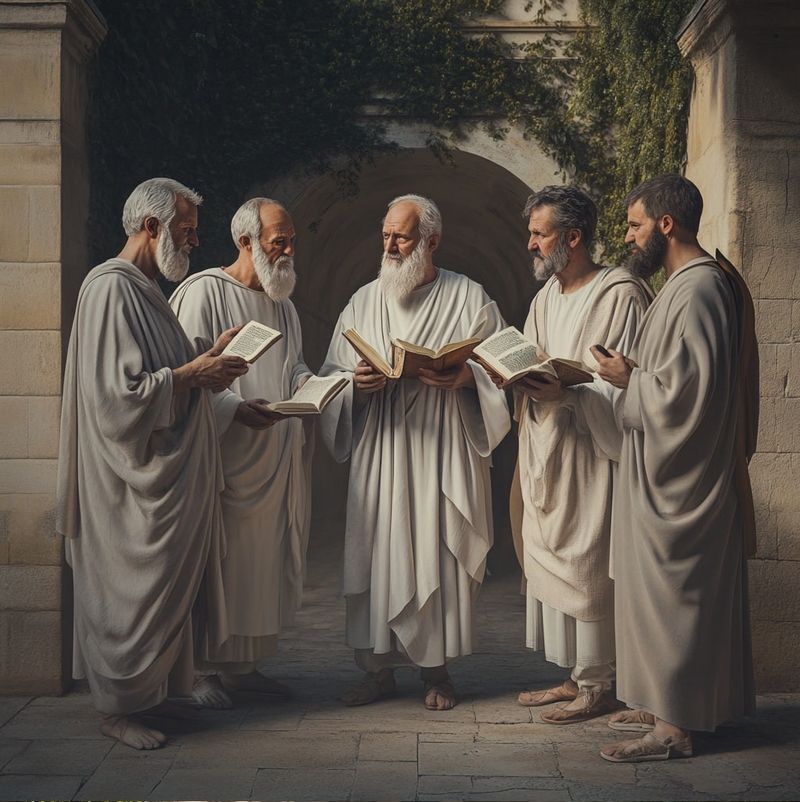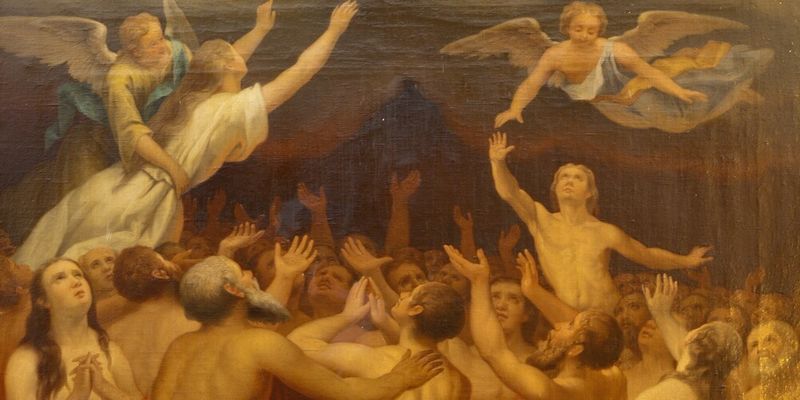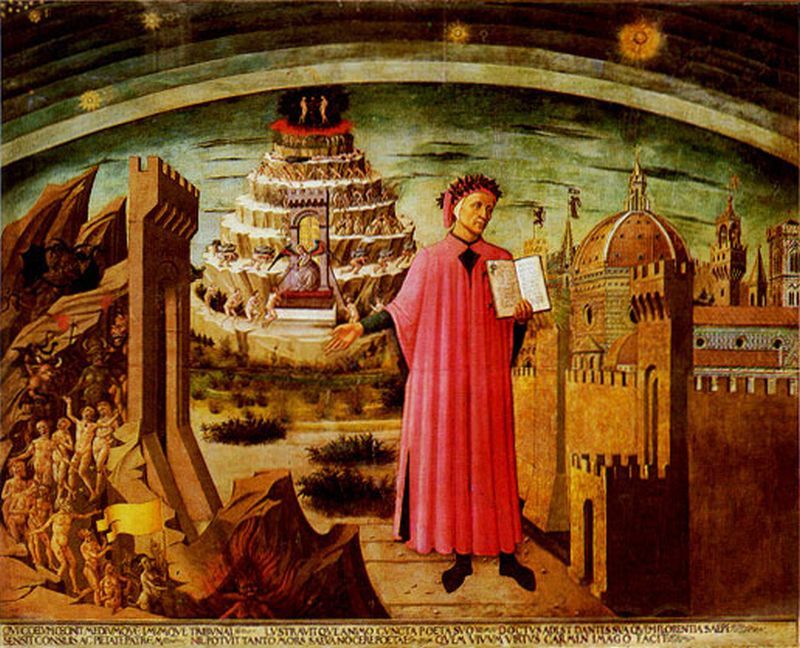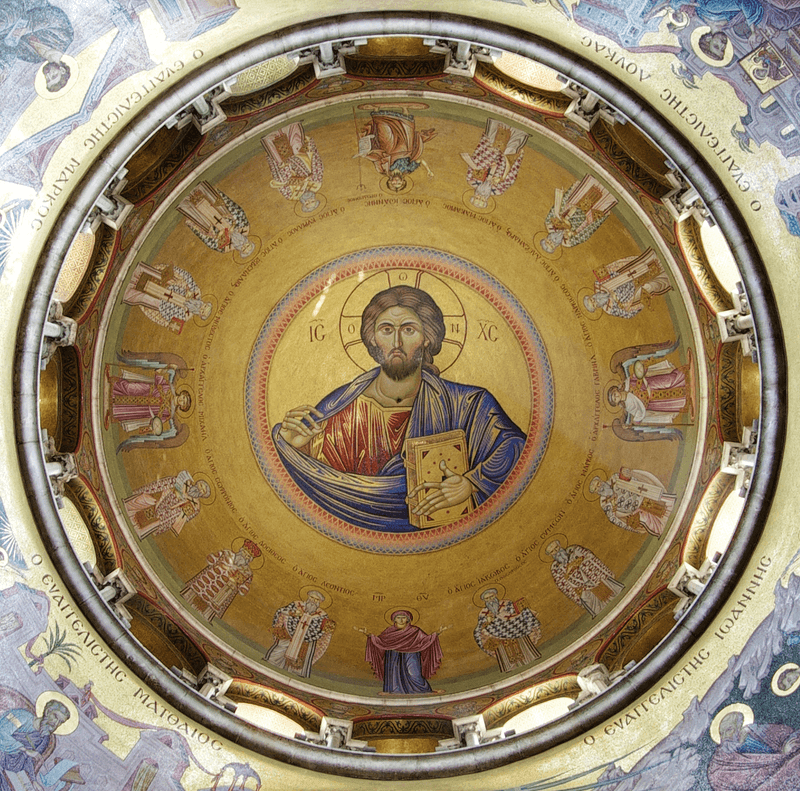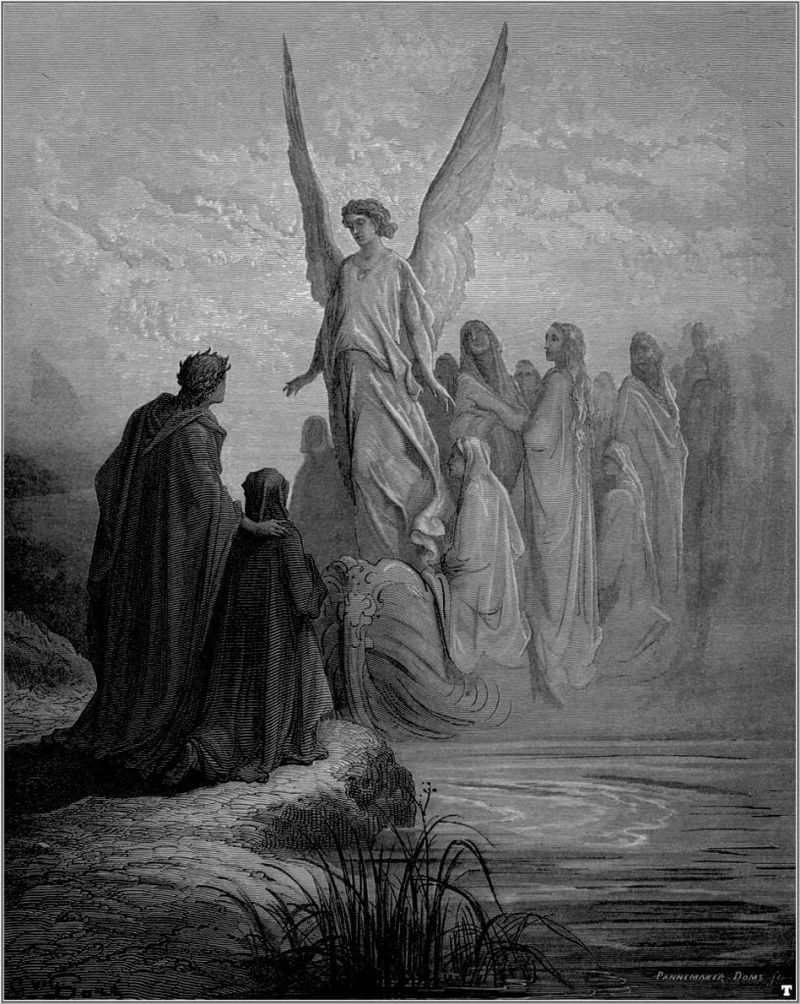Most people think of purgatory as a kind of spiritual waiting room—a vague pitstop between heaven and hell. But the truth is far more complex, controversial, and—yes—shocking. Whether you were raised Catholic or just curious about the afterlife, these 15 lesser-known facts about purgatory might completely change how you think about what comes next.
1. The Bible Never Actually Mentions “Purgatory” by Name
Did you know the Bible, the cornerstone of Christian faith, never explicitly mentions the word “purgatory”? Yet, purgatory plays a significant role in Catholic doctrine, stemming from interpretations of texts in books like 2 Maccabees, Matthew, and Corinthians. This omission has sparked theological debates for centuries, leading many to question how such a pivotal concept can arise from implication rather than explicit mention. This unique aspect of purgatory underscores the intricate interplay between scripture, tradition, and interpretation in shaping religious beliefs. It serves as a fascinating example of how doctrines can evolve through nuanced readings.
2. Protestants Don’t Believe in It at All
Imagine attending a Protestant service where the pastor emphatically states that purgatory is unbiblical. Such scenes are common, as one of the major divides between Catholicism and Protestantism is the belief in purgatory. Martin Luther, a key figure in the Protestant Reformation, rejected purgatory entirely. His stance reverberates today, with most Protestant denominations dismissing the concept altogether. This stark difference in beliefs highlights the theological diversity within Christianity and offers insight into how interpretations of doctrine can lead to vastly different religious experiences and practices among believers.
3. It’s Not a Place—It’s a Process
Forget fiery caverns and smoky halls. According to contemporary Catholic teaching, purgatory isn’t a physical place. It’s a transformative process where souls undergo purification to prepare for heaven. This notion shifts the focus from a geographical location to an internal, spiritual journey. The emphasis on purification rather than punishment challenges misconceptions and paints a more hopeful picture of life after death. It invites believers to reconsider their understanding of the afterlife and embrace a more profound, spiritual perspective on what it means to be ready for eternal bliss.
4. Souls in Purgatory Are Already Saved
In a comforting twist, purgatory isn’t a second chance for the damned; it’s a guarantee of salvation. Souls in purgatory are already destined for heaven, needing only spiritual refinement. This reassurance can change one’s view of purgatory from a place of fear to one of hopeful anticipation. The idea emphasizes divine mercy and grace, highlighting that purification is a loving act rather than a punitive measure. Such a perspective encourages believers to see purgatory as a compassionate step in the journey toward eternal happiness, rather than an intimidating obstacle.
5. Time Works Differently There—If It Exists at All
Consider the notion that purgatory doesn’t experience time as we do. Some theologians argue it might be existential rather than chronological, focusing on transformation instead of ticking clocks. Pope Benedict XVI suggested purgatory could operate outside traditional time. This idea opens fascinating discussions about the nature of time in the afterlife, challenging our linear conceptions. It reflects the mystery of divine processes and invites believers to ponder the eternal beyond human limitations. Such musings offer a deeper appreciation of the complexities involved in spiritual purification and the ultimate journey to heaven.
6. You Can Help the Dead—According to Catholic Teaching
Catholic doctrine offers a comforting notion: the living can aid souls in purgatory. Through prayers, Masses, and good deeds, believers can assist in the spiritual journey of those who have passed. This belief in spiritual teamwork across realms fosters a sense of community and continuity between the living and the departed. It encourages acts of compassion and charity, highlighting the interconnectedness of all souls. This profound teaching underscores the power of love and prayer, bridging the realms of life and death, and creating a sense of unity among believers.
7. Some Saints Claim to Have Seen It
Mystics like St. Faustina, St. Catherine of Genoa, and Padre Pio claimed to have witnessed purgatory. Their accounts, often vivid and profound, describe it as both painful and filled with hope and divine light. These visions provide an intriguing window into the mystical experiences of saints, offering believers insights into the spiritual realm. Such testimonies invite contemplation about the afterlife and the mysteries beyond. They serve as reminders of the transcendent possibilities within faith and the inexhaustible depth of divine love and mercy that await beyond earthly existence.
8. Dante’s Version Isn’t Church Doctrine
Many envision purgatory through the lens of Dante’s Divine Comedy, filled with symbolic imagery. However, Dante’s poetic vision is not official Church doctrine. Instead, it’s regarded as a spiritual allegory, rich with symbolism and moral lessons. Dante’s work, though fictional, has profoundly influenced cultural perceptions of the afterlife. It challenges readers to distinguish between artistic interpretation and doctrinal teachings. This distinction encourages exploration of spiritual themes while acknowledging the boundaries between imagination and religious belief, offering a nuanced understanding of purgatory’s place in faith and art.
9. Indulgences Were Once Sold to Shorten Time There
In medieval times, the Church controversially sold indulgences, promising reduced time in purgatory. This practice, intended to offer spiritual comfort, sparked significant backlash, contributing to the Protestant Reformation. The sale of indulgences highlights the complex interplay between faith, economics, and power in history. It serves as a cautionary tale of the potential for religious practices to be exploited for gain. This historical episode invites reflection on the ethical dimensions of spiritual practices and the ongoing need for transparency and integrity in religious institutions.
10. It’s Been Debated Since the Early Church
From its inception, purgatory has sparked intense debates among early Church Fathers like Augustine and Origen. Some embraced it as essential, while others questioned its necessity. These theological discussions reflect the dynamic nature of doctrine evolution within Christianity. This ongoing dialogue among scholars illustrates the vibrant intellectual tradition that characterizes the Church’s history. It highlights the diversity of thought and the openness to exploring complex spiritual ideas, fostering a deeper understanding of faith and inviting believers to participate in these rich conversations.
11. It’s Not Just for “Bad” People
Purgatory isn’t a grim fate reserved for the wicked. Instead, it serves as a final cleansing for those who led good lives but still harbor minor imperfections. Think about ordinary people with small moral failings like gossip or selfishness. This perspective shifts the narrative from punishment to an opportunity for growth and healing. It paints purgatory as a place of mercy and transformation, focusing on divine grace rather than judgment. Such a view encourages empathy and understanding, reminding believers of the human condition and the universal need for spiritual refinement.
12. It Might Involve Fire—But Not Literal Flames
Describing purgatory often involves the metaphor of “purifying fire,” evoking vivid imagery. However, many theologians argue this is symbolic, representing the burning away of ego, pride, or unresolved sin. This metaphor highlights the transformative nature of spiritual purification. By focusing on symbolic fire, believers are invited to explore deeper meanings behind purification processes. It encourages reflection on personal growth and the shedding of negative traits, fostering a hopeful outlook on the journey toward spiritual wholeness and the embrace of divine love and forgiveness.
13. There’s No Official List of How Long It Lasts
Speculations about time in purgatory have varied widely throughout history. Medieval thinkers imagined centuries or even millennia, but the Church today offers no definitive timelines. Instead, it remains a mystery, unfolding uniquely for each soul. This ambiguity invites believers to focus on the spiritual journey itself rather than the duration. It emphasizes the importance of personal transformation and the mysterious nature of divine processes. By embracing the unknown, believers can find comfort in the ultimate promise of heaven, trusting in the wisdom and mercy of divine providence.
14. Some Christians in the East Believe in It, Too
While the Eastern Orthodox Church rejects the Western idea of purgatory, many believe in a “middle state” where souls undergo purification after death. This belief highlights the shared themes of cleansing and maturation in diverse Christian traditions. It offers a unique perspective, emphasizing unity in diversity among believers. Such beliefs encourage dialogue and mutual understanding, showcasing the rich tapestry of spiritual concepts across Christianity. This shared belief in spiritual progress after death underscores a common goal of ultimate union with the divine, transcending doctrinal differences.
15. Pope John Paul II Said It’s Rooted in Love, Not Fear
Pope John Paul II offered a poignant reflection on purgatory, describing it as a merciful gift rather than a punishment. He emphasized its role in healing, growth, and preparation for union with God, rooted in love, not fear. This compassionate teaching invites believers to view purgatory as a hopeful and transformative experience. It reframes the narrative from one of dread to one of optimism and grace. Such insights encourage a more loving and understanding approach to spiritual journeys, highlighting the profound mercy at the heart of divine interactions with humanity.
